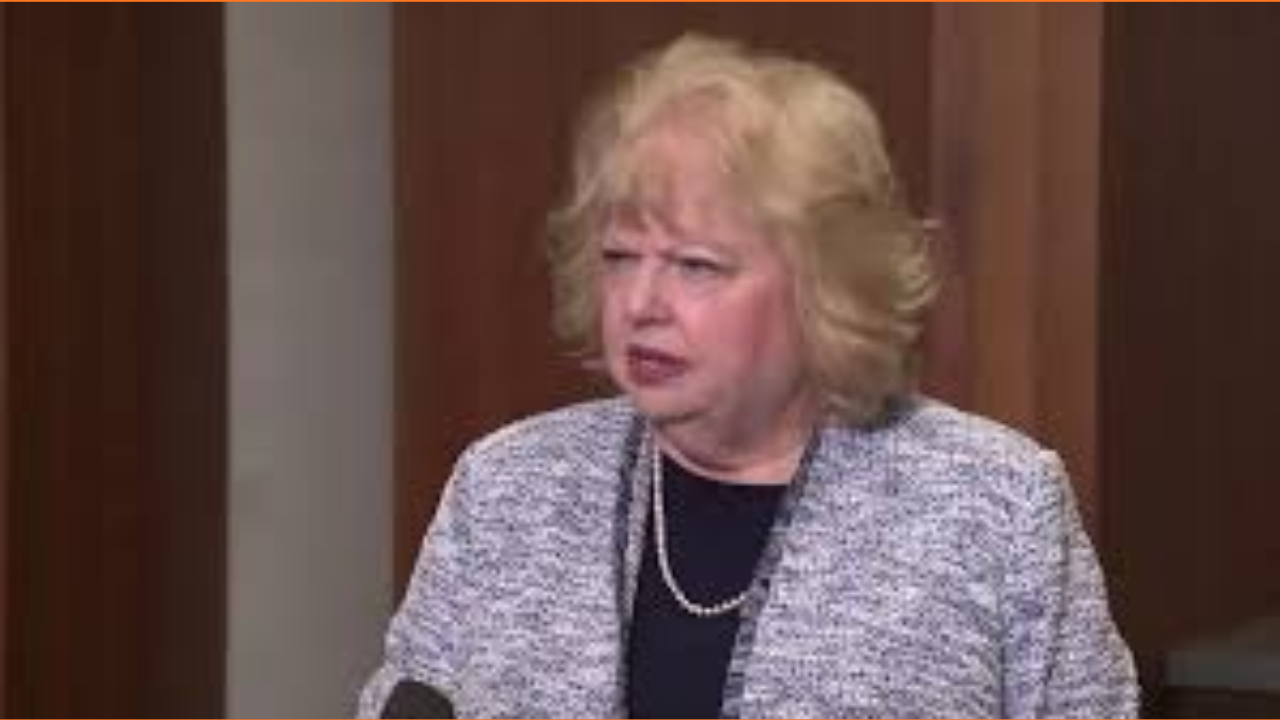For the upcoming Income Tax Return (ITR) filing for Assessment Year (AY) 2025-26, a common question among small equity investors is whether they can achieve zero tax liability under the new tax regime, especially if their income includes Short-Term Capital Gains (STCG) and Long-Term Capital Gains (LTCG) from equity mutual funds and shares.
Thank you for reading this post, don't forget to subscribe!Understanding the New Tax Regime (AY 2025-26, for FY 2024-25 Income)
Under the new tax regime, individuals with a total taxable income of up to ₹7 lakh can generally claim a rebate of ₹25,000 under Section 87A, effectively bringing their tax payable to zero.
However, a key point for equity investors is that this Section 87A rebate for AY 2025-26 is not applicable to incomes taxed at special rates. This includes:
- STCG from listed equity shares and equity mutual funds (Section 111A): Taxed at a special rate of 15%.
- LTCG from listed equity shares and equity mutual funds (Section 112A): Taxed at a special rate of 10% on gains exceeding ₹1 lakh in a financial year.
This means if your income of up to ₹7 lakh predominantly comprises these special-rate capital gains, you generally won’t be able to claim the ₹25,000 rebate to make your tax zero.
A Crucial Exception: Adjusting Against Basic Exemption Limit
Despite the above, there’s a significant benefit if your total income is below the basic exemption limit of ₹3 lakh under the new tax regime. In such cases, you can adjust the shortfall against your LTCG and STCG from listed shares and equity mutual funds.
Example: If your total income is ₹1 lakh (from other sources) and ₹2 lakh (from LTCG + STCG on equity), the total is ₹3 lakh. Since your total income is at or below the basic exemption limit, the entire ₹2 lakh in capital gains can be adjusted, resulting in zero tax liability.
Where the Rebate Can Be Claimed (New Tax Regime):
The Section 87A rebate of ₹25,000 can be claimed for capital gains that are taxed at normal slab rates. Examples include gains from debt mutual funds purchased on or after April 1, 2023, or short-term gains from selling a real estate property.
What About the Old Tax Regime?
Under the old tax regime, the Section 87A rebate is ₹12,500, available if your total income is under ₹5 lakh. This rebate applies to almost all types of income, except for long-term capital gains from equity mutual funds and equity shares falling under Section 112A. Short-term capital gains from equity (Section 111A) are generally eligible for this rebate in the old regime if the income threshold is met.
Looking Ahead: Finance Act 2025 and AY 2026-27
It’s important to note that the Finance Act 2025 has provided further clarity for incomes earned from April 1, 2025, onwards (i.e., for ITR AY 2026-27). This clarification explicitly states that the Section 87A rebate in the new tax regime will not be available if your income includes gains from assets subject to special rates under Sections 112A and 111A. This reinforces the current understanding for future assessment years.
Final Advice:
Tax regulations can be intricate. While this provides a general understanding, it’s always recommended to:
- Refer to the latest e-filing utility: The Income Tax Department’s official utility will reflect the most current rules.
- Consult a qualified tax advisor: For personalized guidance and to ensure accurate ITR filing, especially if your income sources are diverse or complex.

















